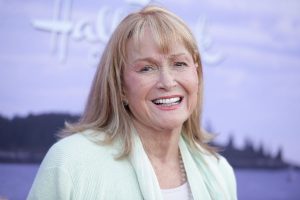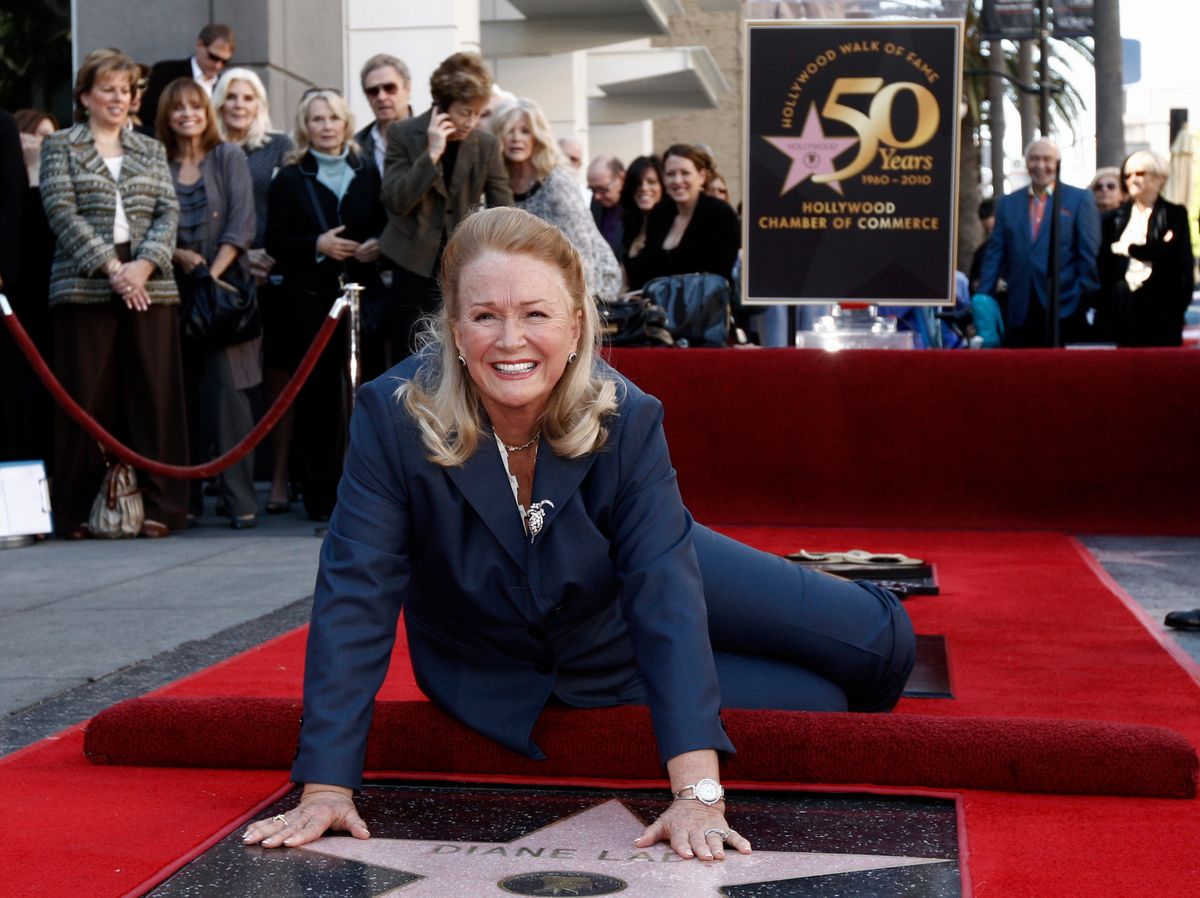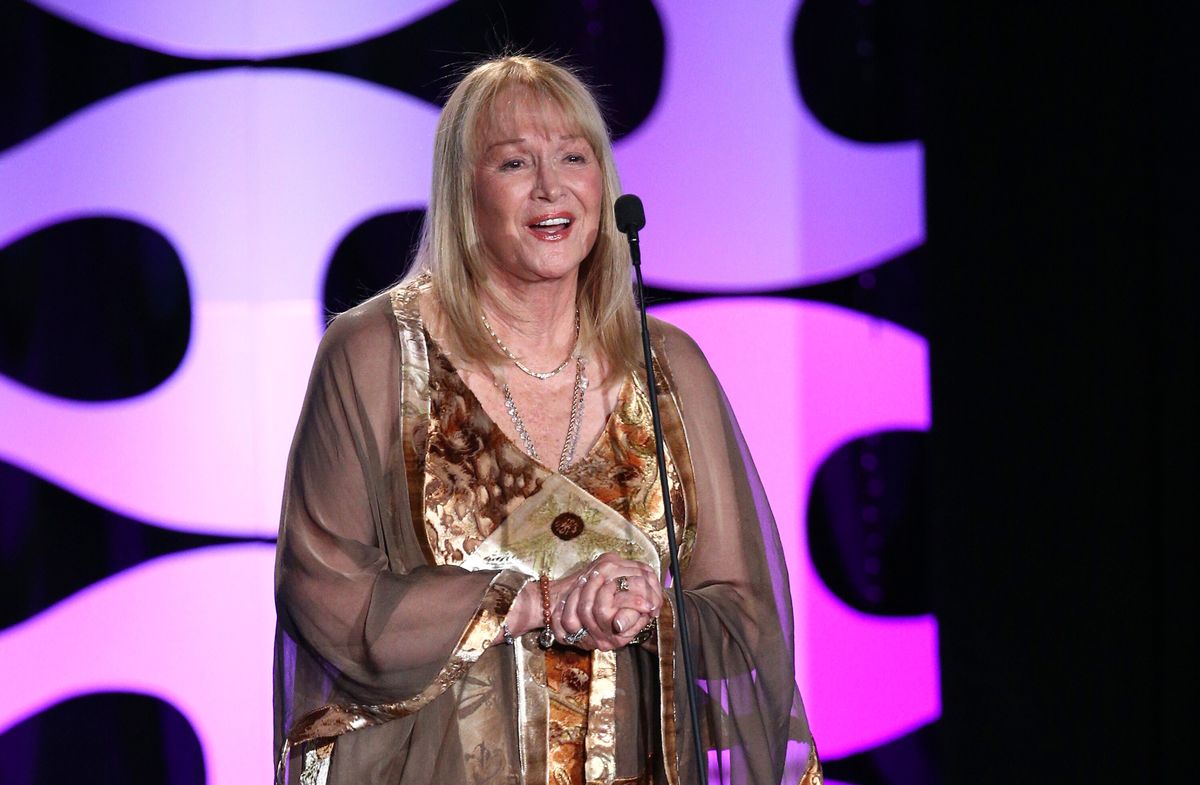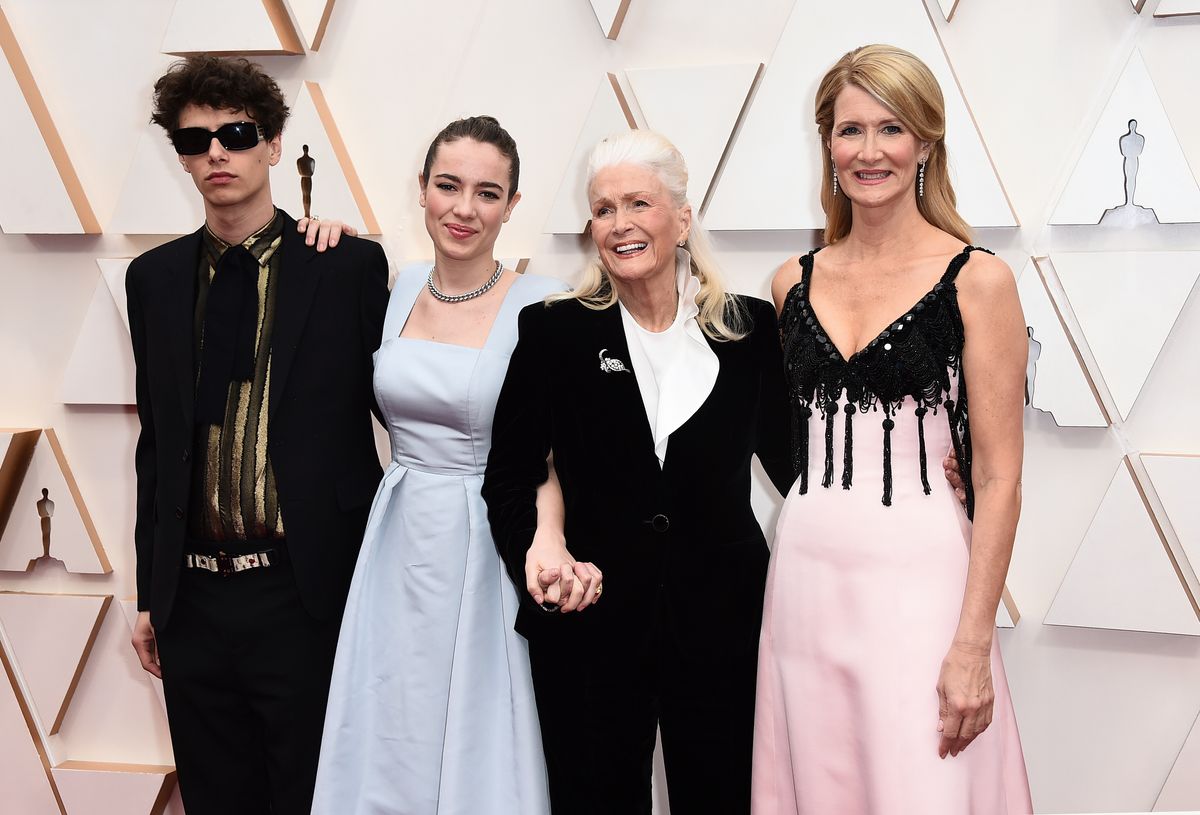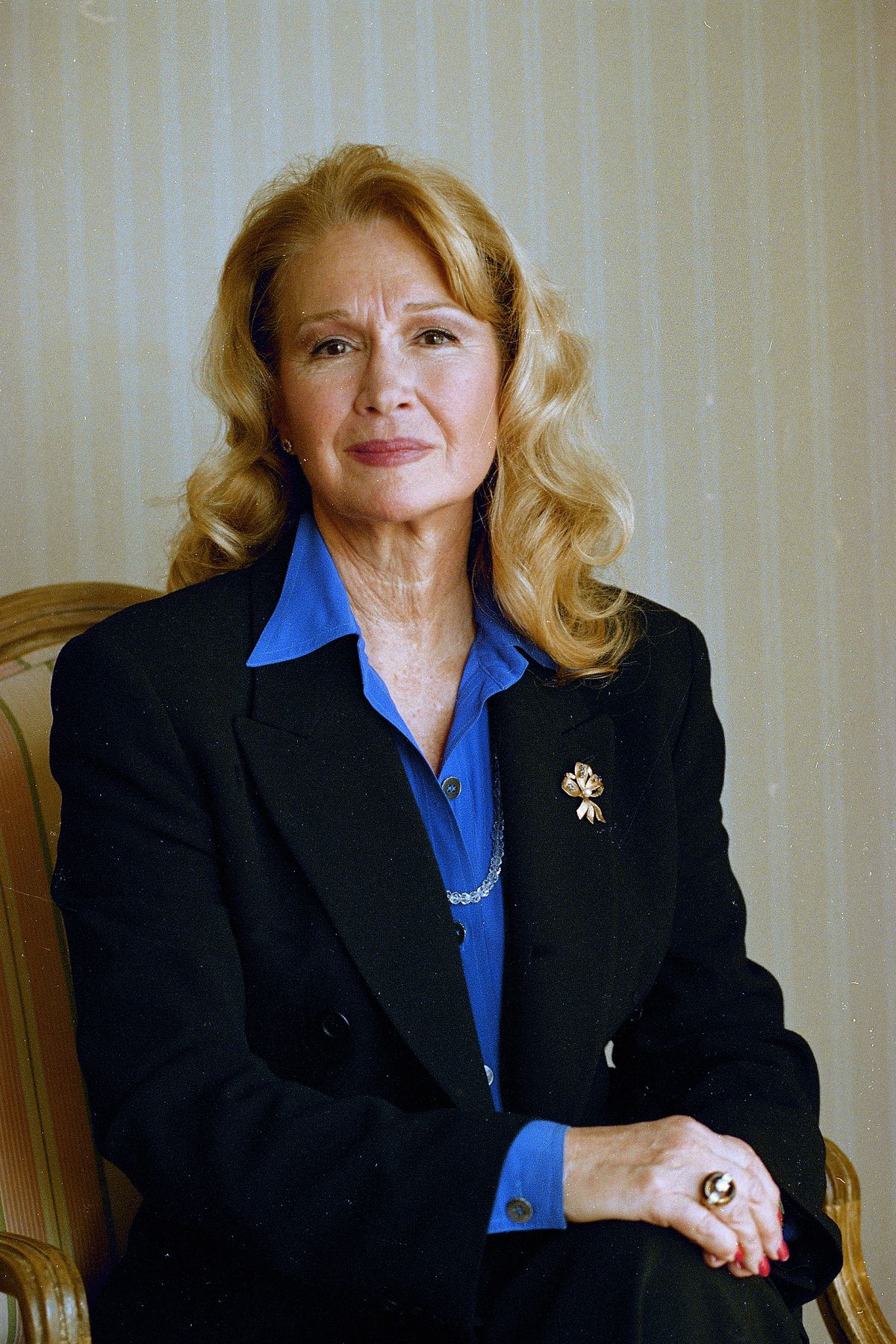OJAI, Calif. (AP) — Diane Ladd, a three-time Academy Award nominee and actor of rare timing and intensity whose roles ranged from the brash waitress in “Alice Doesn’t Live Here Anymore” to the scheming parent in “Wild at Heart,” has died at 89.
Ladd’s death was announced Monday by daughter Laura Dern, who issued a statement saying her mother and occasional co-star had died at her home in Ojai, California, with Dern at her side. Dern, who called Ladd her “amazing hero” and “profound gift of a mother,′ did not immediately cite a cause of death.
“She was the greatest daughter, mother, grandmother, actress, artist and empathetic spirit that only dreams could have seemingly created,” Dern wrote. “We were blessed to have her. She is flying with her angels now.”
A gifted comic and dramatic performer, Ladd had a long career in television and on stage before breaking through as a film performer in Martin Scorsese’s 1974 release “Alice Doesn’t Live Here Anymore.” She earned an Oscar nomination for supporting actor for her turn as the acerbic, straight-talking Flo, and went on to appears in dozens of movies over the following decades. Her many credits included “Chinatown,” “Primary Colors” and two other movies for which she received best supporting nods, “Wild at Heart” and “Rambling Rose,” both of which co-starred her daughter. She also continued to work in television, with appearances in “ER,” “Touched by Angel” and “Alice,” the spinoff from “Alice Doesn’t Live Here Anymore,” among others.
Through marriage and blood relations, Ladd was tied to the arts. Tennessee Williams was a second cousin and first husband Bruce Dern, Laura’s father, was himself an Academy Award nominee. Ladd and Laura Dern achieved the rare feat of mother-and-daughter nominees for their work in “Rambling Rose” and they also were memorably paired in “Wild at Heart,” a personal favorite of Ladd’s and winner of the Palme d’Or at the 1990 Cannes Film Festival. In the dark, farcical David Lynch noir, her character, Marietta, is willing to try anything — including murder — to keep her daughter (Laura Dern) away from her ex-con lover, played by Nicolas Cage. Ladd would be called upon by the director for some Lynchian touches, and countered with some of her own.
“One day, the script said that Marietta gets in bed, curls up with her baby dog, and is sucking her thumb,” she told Vulture in 2024. “I looked at him and said, ‘David, I don’t want to do that.” He said, ’What do you want to do? I said, ‘I want to put on a long satin nightgown, I want to stand in the middle of the bed holding a martini and drinking it, and I want to sway to the old music within my head.’ He said OK, I did it, and he loved it.”
A native of Laurel, Mississippi, Ladd was born Rose Diane Ladner and was apparently destined to stand out. In her 2006 memoir, “Spiraling Through the School of Life,” she remembered being told by her great-grandmother that she would one day in “front of a screen” and would “command” her own audiences. Before “Alice Doesn’t Live Here Anymore,” she had been working in television since the 1950s, when she was in her early 20s, with shows including “Perry Mason,” “Gunsmoke” and “The Big Valley.”
By the mid-1970s, she had lived out her fate well enough to tell The New York Times that no longer denied herself the right to call herself great.
“Now I don’t say that,” she said. “I can do Shakespeare, Ibsen, English accents, Irish accents, no accent, stand on my head, tap dance, sing, look 17 or look 70.”
Ladd was married three times, and divorced twice — from Bruce Dern and from William A. Shea, Jr. In 1976, around the time her second marriage ended, she told the Times that neither of her husbands knew “how to show love.”
“I come from the South and from a man, my father, who gave me rocking‐chair love. My people pass love around, and why I selected two men who needed someone to give love and didn’t know how to give it. …” She paused. “I hope I won’t repeat that again.”
Ladd’s third marriage, to author-former PepsiCo executive Robert Charles Hunter, lasted from 1999 until his death in August.
_____
Associated Press film writer Lindsey Bahr contributed to this story.

